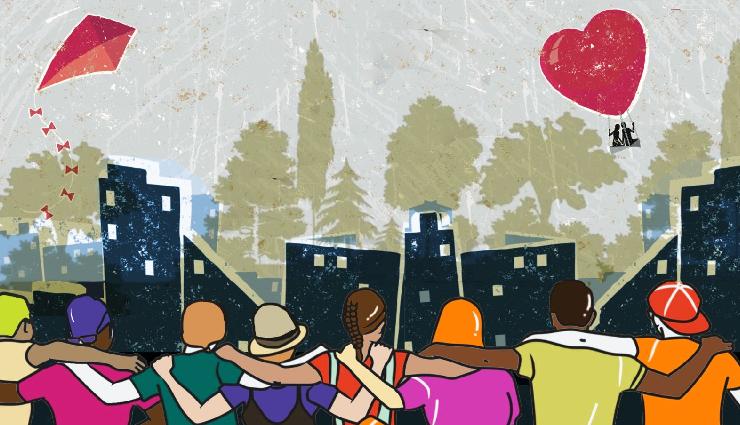One of the organizations you may hear the name of these days is an NGO. In this article, we will introduce you to non-governmental organizations and explain what an NGO is.
What does NGO stand for?
Before answering this critical question, what is NGO? We must know what this word means in English. Ngo in English is the abbreviation of these two words:
- Non-Governmental means non-governmental;
- The organization is synonymous with the organization or institution.
As a result, NGO is synonymous with a “Non-Governmental Organization.”
What is meant by NGO?
NGOs usually consist of a group of people who are independent of governments. The United Nations coined this term in 1945 to distinguish between government institutions and private organizations. Ordinary citizens generally form non-governmental organizations to provide specific services and do voluntary work. These organizations use their capacity to support the non-governmental sector.
The World Bank defines NGOs as follows:
Private organizations that work to relieve pain, develop the interests of the poor, protect the environment, provide social services, or develop the community.
NGOs have different structures. Some of them may operate worldwide, and the activity of others is limited to a neighborhood of a small city. In the past decades, the number of non-governmental organizations and their influence in different sectors has increased. Currently, these groups are not only people’s activities but have also become advisors to governments, international agencies, and even the United Nations. The function of these groups in democracy is such that they are sometimes called ” civil society organizations. ” “Amnesty International” and “Red Cross” are among the prominent organizations operating worldwide.
What is the role of NGOs in society?
The most important question you may ask yourself after understanding the concept of an NGO is, what is the role of an NGO? What is the benefit of forming this organization or group for the country?
In civil society, NGOs are the leading players. These organizations play an essential role in social changes. The activity of Semans may be related to social, political, environmental, and human rights issues, but it is not limited to these areas. Non-governmental organizations in society form groups that:
- Maintain and improve infrastructure;
- They support startups and innovative activities;
- They become a link between the government and the people to strengthen the relationship between the two;
- They are the spokesperson of the minority groups in society;
- They encourage citizens to solve local and global issues;
- They provide the necessary training and assistance to handle the projects better and address the community’s concerns.
Of course, according to research, most of these organizations have strenuous activities. On the one hand, governments and the other hand, companies that want to suppress criticism against them put pressure on these groups and organizations. Restrictive regulations and campaigns against fertilizers to discredit them in the eyes of the public are among the problems fertilizers face worldwide.
What are the types of NGOs?

There are many ways to classify fertilizers, but in general, these organizations are divided into two categories:
- Operational NGOs whose purpose of establishment is to design and implement projects related to development. These organizations are formed at the national and international levels.
- Sponsorships NGOs whose purpose is to achieve a specific goal by raising awareness.
In addition, fertilizers can also be classified based on what they do:
- Non-Governmental Development Organization ( NGDO ) focuses only on development issues.
- International non-governmental organization ( INGO ) that is registered in one country but operates in two or more countries, such as Amnesty International or the Union for Civil Liberties in Europe.
- Environmental Non-Governmental Organization ( ENGO ), as its name suggests, operates in the field of environment.
Where does the cost of cement come from?

One of the members of Semans’ main concerns is meeting these organizations’ financial needs. These non-governmental organizations are managed in different countries with the help of governments, organizations such as the United Nations or the World Bank, charities, and private institutions.



